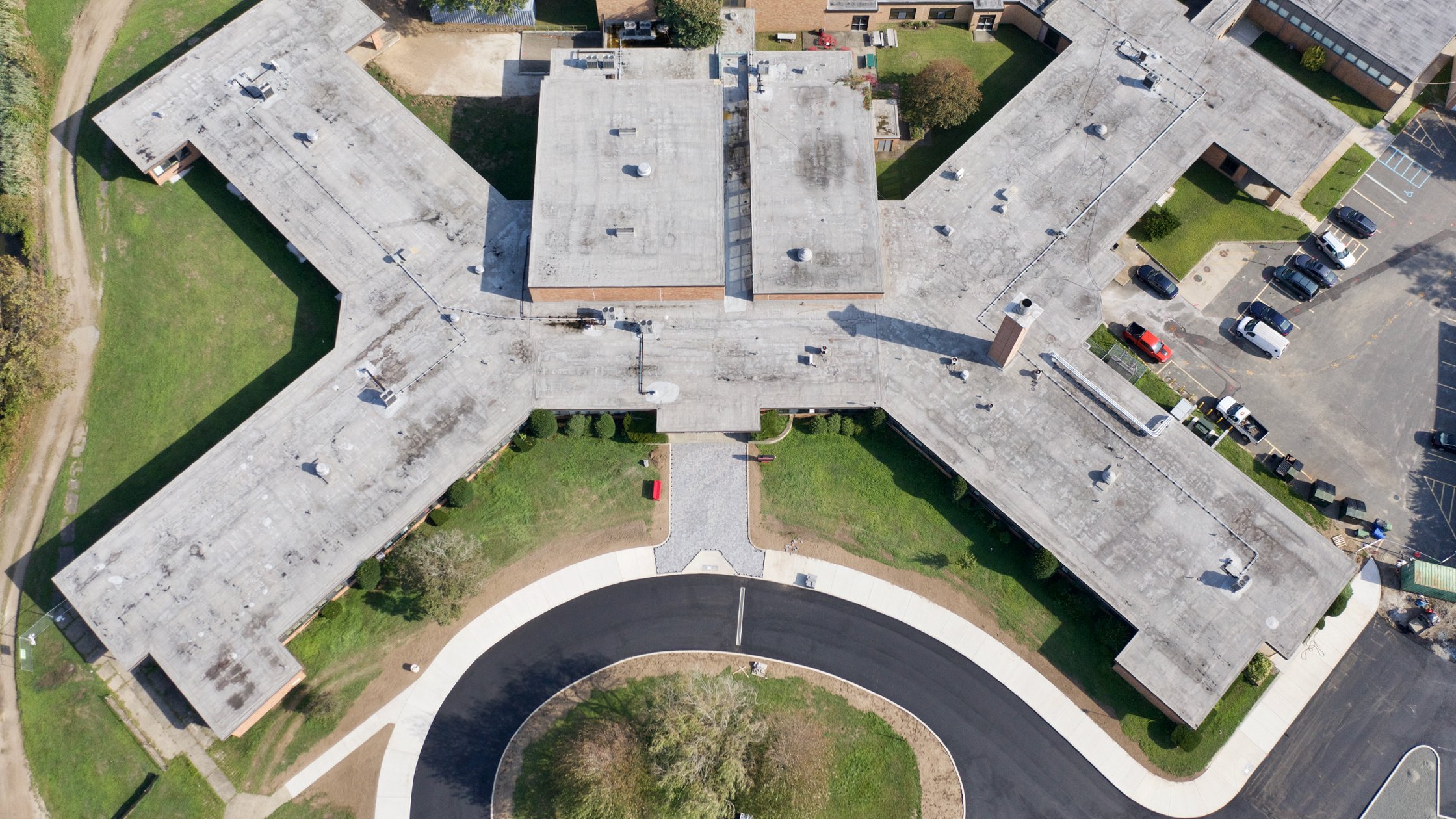What you need-to-know about this initiative and how it could impact your school district.
As kids, the sight of snow on the ground followed by school closures seen on TV, phone screens or heard on the radio was truly blissful. For some Pennsylvania students, these snow days filled with sledding and snowball fights may be replaced with remote education.
In Pennsylvania, earlier this year, Gov. Tom Wolf signed a bill providing schools with the option to use five “Flexible Instructional Days,” also known as FIDs, throughout the school year. These FIDs allow students to receive school work while at home and can take place on days where circumstances would prevent a traditional school day from taking place—think inclement weather, building damage or threats made to the school.
In PA, if a school district were to implement a FID program, it must be approved by the local School Board of Directors before acceptance by the Pennsylvania Department of Education (PDE). Once accepted, the FID program would be in place for three years before needing renewal. Although the deadline to implement the program for the 2019-2020 school year has passed, some schools are making plans to carry out this option for the following year.
If your school is debating whether to adopt this initiative or not, here are some things to consider:
Potential benefits of FID programs:
Since FIDs are considered a “school day,” they count toward the number of instructional days/hours required by the Department of Education. This gives the district more flexibility when working to ensure students have the opportunity to learn when schools are closed, rather than relying on make-up days that could extend the school year.
Important considerations:
- For some students, especially those in kindergarten through grade 4, a parent or guardian may be needed to assist and support with assignments. Unfortunately, not every parent or guardian is able to work from home.
- Some students attend daycare facilities on snow days and would likely have limited access to the internet or support when completing assignments.
- Though we live in a tech-savvy world, not everyone has internet access at home. Loss of power to households during winter storms can limit students as well.
- Students with disabilities require specially-designed instruction and supplementary aids and services, but may not have access to this during at-home learning.
- Many students benefit from having a teacher’s presence to guide the learning process, inspire them and answer important questions.
Fortunately, many of these considerations have proposed solutions. The PA Bill requires school entities to:
- Accommodate students and employees without internet access at home and assist families with an insufficient amount of tech devices for the number of children in their household
- Comply with the Individuals with Disabilities Education Act during a FID day
Some may see FIDs as the beginning of the end for the traditional snow day we once knew and loved, but others see some promising components to the program. Has your school implemented flexible instructional days or “cyber snow days”? If so, what results are you seeing? Still not sure if you want to commit? Share your thoughts in the comments!

Richie Almeida, Integrated Marketing Specialist
Richie is an avid movie goer with an addiction to Sour Patch Kids. If he isn’t at the movies, he is at the gym or on a hike trying to make up for his bad eating habits.
DISCLAIMER
The information contained in this blog post is intended for educational purposes only and is not intended to replace expert advice in connection with the topics presented. Glatfelter specifically disclaims any liability for any act or omission by any person or entity in connection with the preparation, use or implementation of plans, principles, concepts or information contained in this publication.
Glatfelter does not make any representation or warranty, expressed or implied, with respect to the results obtained by the use, adherence or implementation of the material contained in this publication. The implementation of the plans, principles, concepts or materials contained in this publication is not a guarantee that you will achieve a certain desired result. It is strongly recommended that you consult with a professional advisor, architect or other expert prior to the implementation of plans, principles, concepts or materials contained in this publication.
This blog post may contain the content of third parties and links to third party websites. Third party content and websites are owned and operated by an independent party over which Glatfelter has no control. Glatfelter makes no representation, warranty, or guarantee as to the accuracy, completeness, timeliness or reliability of any third party content. References to third party services, processes, products, or other information does not constitute or imply any endorsement, sponsorship or recommendation by Glatfelter, unless expressly stated otherwise.
Related posts
Help ensure your school's roof is protected against seasonal risks by prioritizing inspections and preventative maintenance.
How you can help protect your most important asset: your people, and how to help them set up their insurance benefits so that they reflect their wishes.
Consider these best practices to avoid significant property damage, costly repairs and potential interruptions to your school day due to pipe freezing.









Submit a Comment